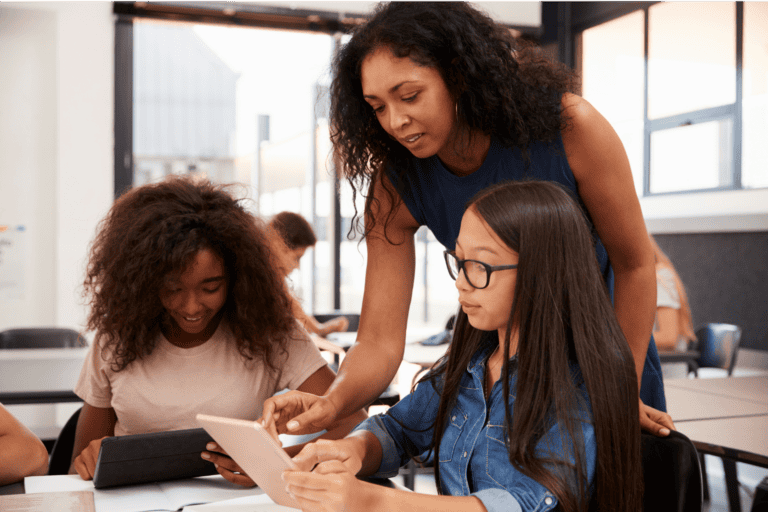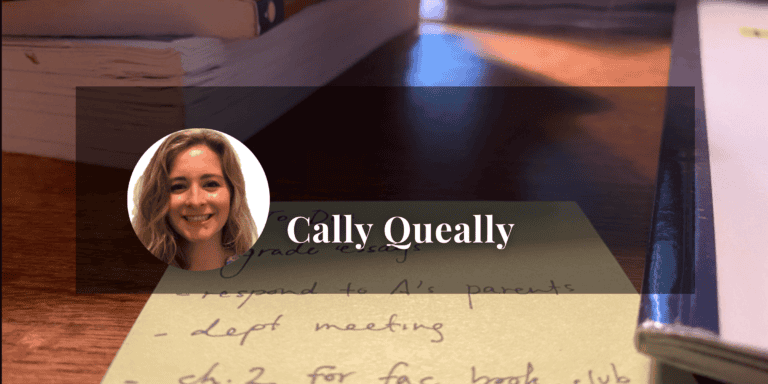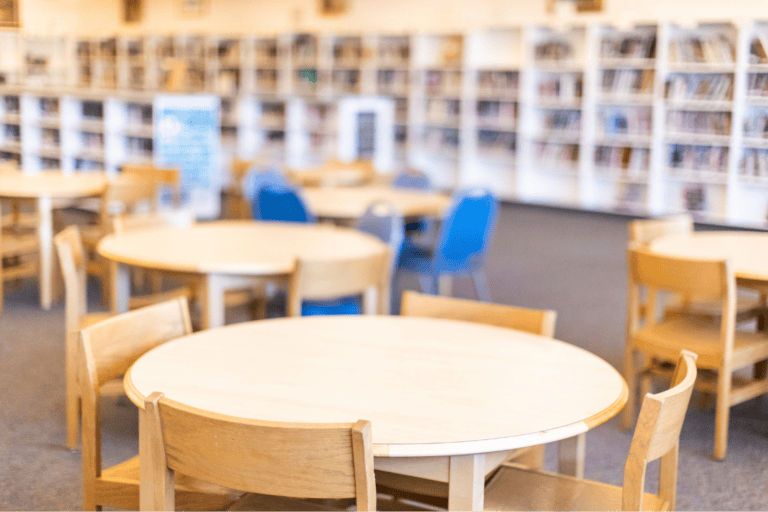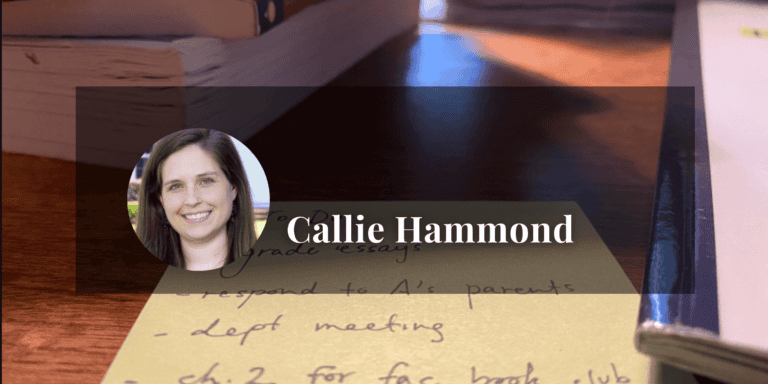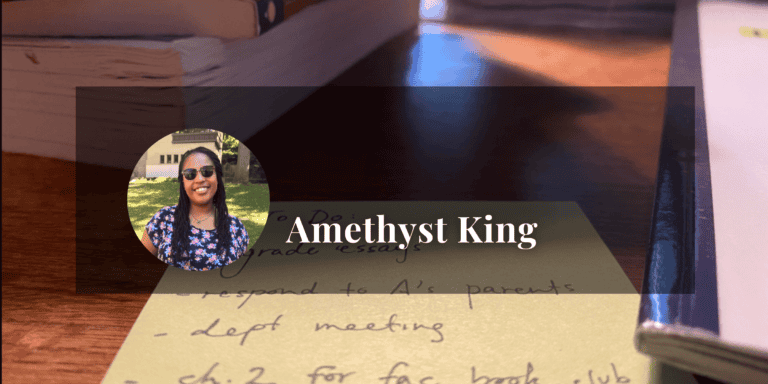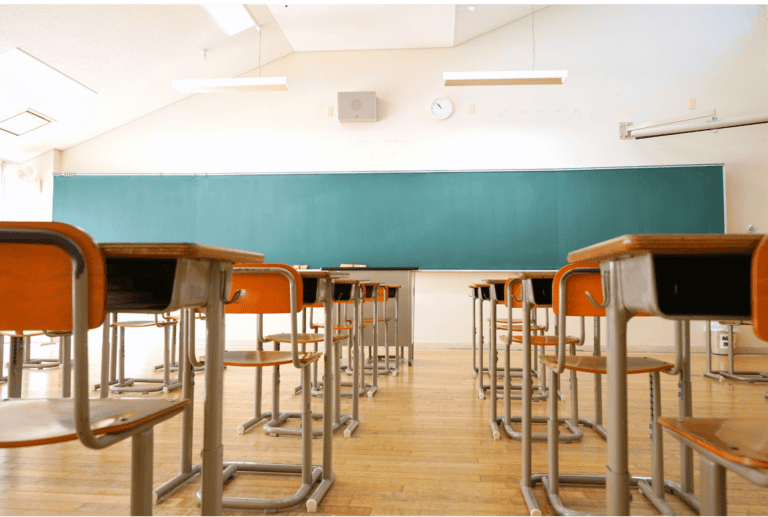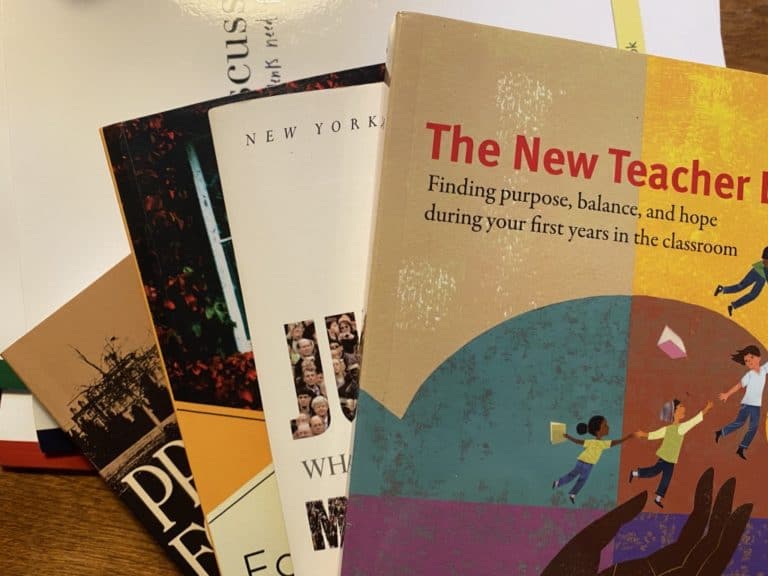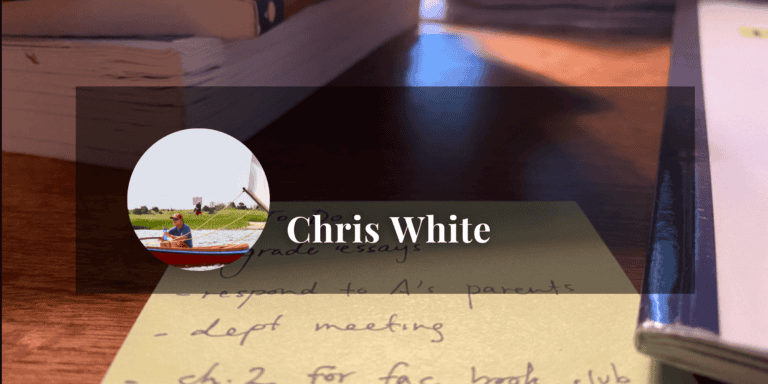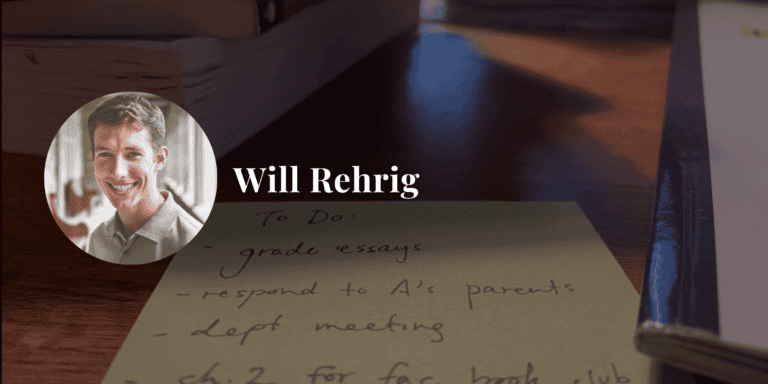Protagonists: 20 minutes with Arianna Vailas
The Protagonists series highlights the main characters of our mission: the teachers out there hustling to make their students feel known, heard, and challenged through student-led discussion. Hometown Manchester, NH. My dad grew up there, too – it’s very much home. Favorite teacher growing up: who and why? Ms. Sears was my sophomore English teacher….
